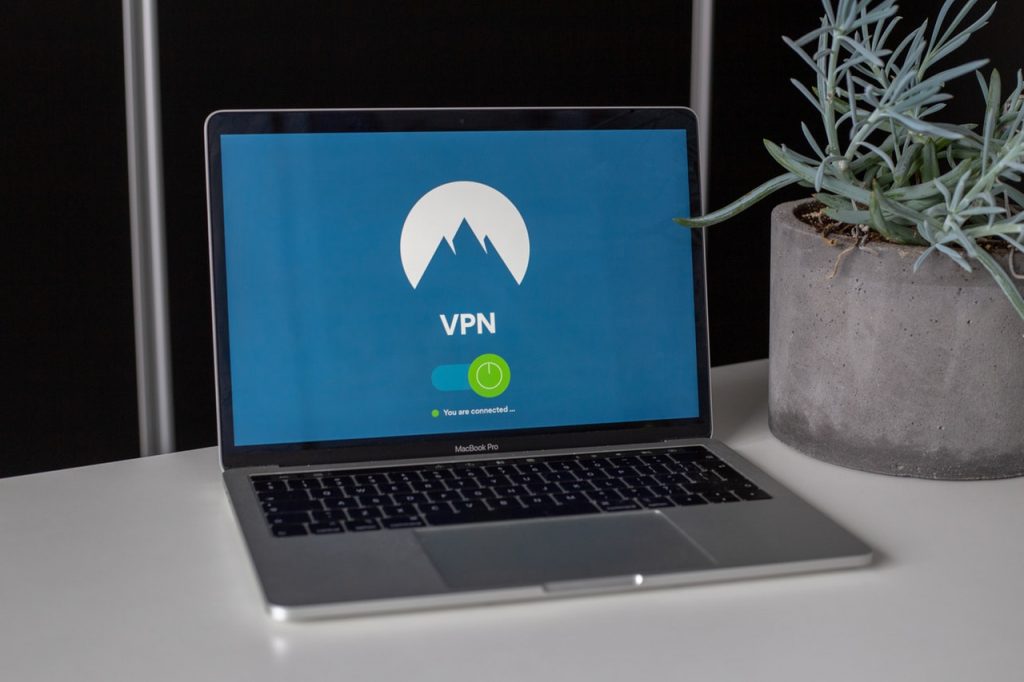
In today’s digital age, securing our online privacy and protecting sensitive information is more critical than ever. One effective way to achieve this is by using a VPN, or Virtual Private Network. VPNs enable users to create a secure connection to another network over the internet, ensuring that their data remains encrypted and shielded from prying eyes. Whether you’re browsing the web, accessing public Wi-Fi networks, or simply wanting to maintain anonymity online, a VPN offers a valuable layer of security and privacy protection.
How VPN Works
Vpn Service Providers
When you connect to a VPN, it creates a secure tunnel between your device and the VPN server. This tunnel encrypts all the data that passes through it, ensuring that your online activities are shielded from prying eyes such as hackers or your Internet Service Provider.
By masking your original IP address and assigning you a new one from the VPN server, VPNs help enhance your online privacy and anonymity. This prevents websites and online services from tracking your real location and online behavior.
Moreover, VPNs provide an added layer of security when using unsecured public Wi-Fi networks. By encrypting your internet traffic, VPNs prevent unauthorized access to your data, safeguarding it from potential cyber threats lurking on public networks.
Benefits of Using VPN
When you use a VPN, your online activities are encrypted and secure from prying eyes. This encryption helps protect your sensitive information such as passwords, financial details, and personal communications.
Another benefit of using a VPN is the ability to access geo-restricted content. By changing your virtual location, you can unlock websites and online services that may be restricted in your region.
Moreover, VPNs provide an added layer of anonymity by masking your IP address. This can help protect your identity and browsing habits from advertisers, hackers, and other entities trying to track your online behavior.
Choosing the Right VPN Service
When selecting a VPN service, it is essential to consider the level of encryption offered. Look for VPN providers that offer strong encryption protocols such as AES-256, which provides a high level of security for your online activities.
Another crucial factor to consider is the VPN’s logging policy. Opt for a VPN service that has a strict no-logs policy, meaning that it does not keep any records of your online activities. This ensures that your online privacy is protected, as there is no data for anyone to access or share.
Lastly, consider the server network of the VPN provider. A diverse and widespread server network allows you to access content from various locations around the world. This can be beneficial for bypassing geo-restrictions and ensuring a reliable and fast connection while maintaining your online privacy.
